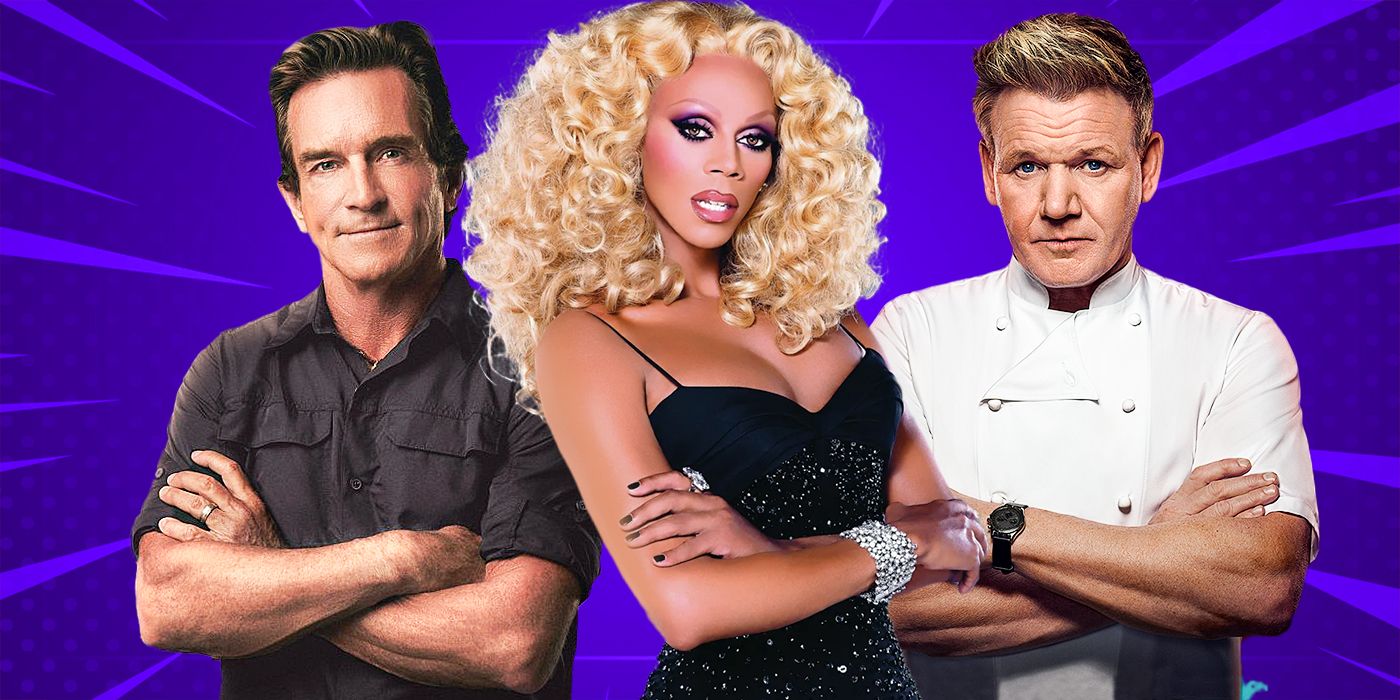Buzz Haven: Your Source for Trending Insights
Stay updated with the latest buzz in news, trends, and lifestyle.
Reality TV: Love It or Hate It, You Can’t Look Away!
Dive into the wild world of reality TV! Love it or hate it, discover why you just can't look away from the drama and chaos.
Is Reality TV Shaping Our Perception of Love and Relationships?
Reality TV has become a cultural phenomenon, capturing the attention of millions and arguably shaping our perceptions of love and relationships. Programs like The Bachelor and Love Island showcase a highly curated version of romantic connections, where dramatic confrontations and alliances make for engaging television. Viewers are often drawn into these narratives, leading to a skewed understanding of what genuine love looks like. Instead of seeing relationships as a complex interplay of emotions and growth, the glamorized portrayals can lead audiences to expect perfection and instantaneous chemistry.
Furthermore, reality television often promotes unhealthy relationship dynamics, which can influence viewers' expectations and behaviors in their own lives. This is evident in how friendships are depicted, often characterized by betrayal and rivalry, which could suggest that such dynamics are the norm in real-life relationships. By consuming these shows, individuals may inadvertently internalize unrealistic standards and notions of love. As a result, the way we perceive relationships may not only be distorted but could also create generational patterns that influence future connections; thus, it's crucial to critically assess the impact of reality TV on our understanding of love.

The Psychology Behind Reality TV: Why We Can’t Look Away
The allure of reality television is deeply rooted in human psychology. One of the key reasons we are drawn to these shows is the concept of social comparison. As viewers, we often find ourselves evaluating our lives against those of the participants. This comparison can evoke a range of emotions, from jealousy to inspiration, ultimately making the experience of watching reality TV a compelling exercise in self-reflection. Additionally, reality TV often highlights dramatic and unpredictable situations, which satisfy our natural curiosity and desire for entertainment, ensuring that we can't look away.
Moreover, reality TV taps into the emotional connection we form with its stars. As we witness their triumphs and failures, we become invested in their journeys, often feeling as if we know them personally. This sense of familiarity creates empathy, allowing us to cheer for their successes and feel sympathy during their hardships. The combination of voyeurism and emotional involvement makes reality TV an irresistible escape, as it allows us to experience intense emotions vicariously while being entertained.
Love It or Hate It: How Reality TV Reflects Real-Life Dynamics
Reality TV is a fascinating genre that often polarizes viewers, prompting them to either love or hate the content. This dichotomy stems from the way reality television mirrors real-life dynamics, showcasing the complexities of human relationships, competition, and personal conflict. For instance, shows like 'The Real World' or 'Survivor' highlight not only individual personalities but also the benefits and pitfalls of group dynamics, often leading to dramatic confrontations that, while exaggerated for entertainment, resonate with the tensions we face in everyday interactions.
Furthermore, the emotional rollercoaster presented by reality TV can serve as a reflection of our societal values and priorities. Viewers become invested in the journeys of participants, who embody various aspects of real life, including ambition, betrayal, and redemption. Through these narratives, audiences gain insight into their own behaviors and motivations, prompting discussions about authenticity and morality. While some may criticize these shows for being superficial, others appreciate how they offer a unique lens through which we can examine the dynamic interplay of relationships, ultimately blurring the lines between reality and fabrication.